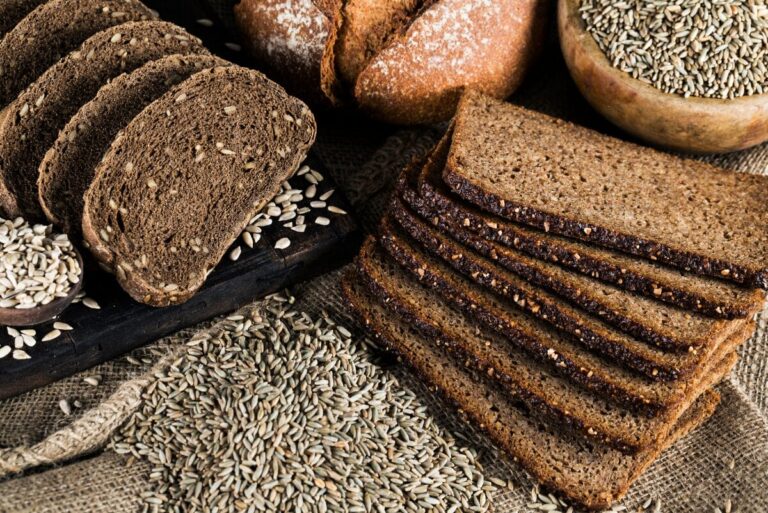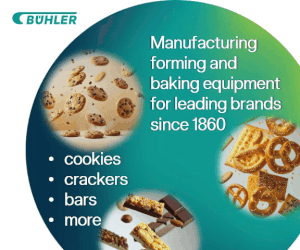KANSAS CITY, MO — When it comes to overall wellbeing, gut health is a key area in which women are increasingly interested. According to Grand View Research, the gut health market is valued at more than $51 billion with a projected CAGR of 8.3%.
“Women are very interested in gut health, probably more so than men,” said Julie Miller Jones, a member of the Grain Foods Foundation Scientific Advisory Board. “In terms of formulation, bread manufacturers might consider heat-stable pre- and probiotics as well as postbiotics.”
By calling out ingredients and nutrients that contribute positively to a healthy gut — whether that’s a high-fiber cracker made with whole grains or a naturally fermented sourdough bread — bakers can capture the attention of women who are actively seeking out these nutrients.
“Fiber is finally having its well-deserved moment,” said Charlotte Martin, a registered dietitian and consultant for the Grain Foods Foundation. “Particularly for women, fiber plays a crucial role in supporting digestive health. It also aids in weight management and reducing the risk of chronic diseases like diabetes and heart disease. Plus, a fiber-rich diet may help promote healthy estrogen regulation and protect against breast cancer.”









